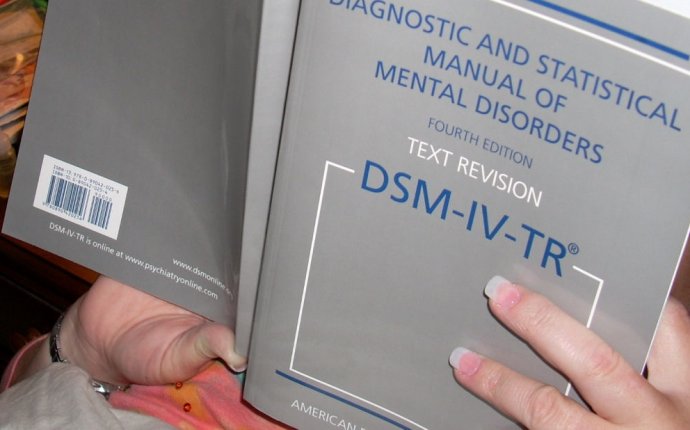
mental diagnosis list
Tweet
A psychological disorder, commonly known as mental illness, is a psychological or behavioral condition associated with distress or disability which is away from the normal development or culture. There has been a huge debate since ages on the recognition and understanding of mental health conditions and this has led to changes in the pattern and statistics related to psychological disorders over time and across different cultures.
Although the mental health disorders were recognized long back, there are still lot of variations in the definition, assessment, and classification of psychological disorders.
What is a Psychological Disorder?
Mental disorders or psychological disorders are mainly conceptualized as errents in brain circuits possibly caused by changed developmental processes. These processess are shaped by a complex interaction of genetics and experience. Depending on the biological and environmental context, the genetics of mental illness may really be the genetics of brain development.
Classification of Psychological Disorder
The classification of psychological disorders is lately a key issue for mental health professionals and mental health service providers. There are currently two widely accepted systems which classify mental disorders -
- ICD-10 Chapter V - Mental and behavioural disorders, part of the International Classification of Diseases produced by the World Health Organization (WHO),
- Diagnostic and Statistical Manual of Mental Disorders (DSM-IV) produced by the American Psychiatric Association (APA).
Mental Disorders are categorized based on predominant features. For example, phobias, social anxiety, and post-traumatic stress disorder all include anxiety as a main feature of the disorder. All of these disorders are therefore classified as Anxiety Disorders.
Statistics of Psychological Disorders
Psychological Disorders are very common in United States and across the world. According to the survey and population estimates 26.2 percent of Americans above the age of 18 - which is about one in four adults - suffer from a diagnosable mental disorder in a given year. This comes down to a whopping figure of 57.7 million people as per 2004.
Although there are lot of people suffering from mental disorders, the main burden of mental illness is concentrated in a much smaller proportion about 6 percent of people who suffer from a serious mental illness.
Surprizingly, mental disorders are ascertained as leading cause of disability in the U.S. and Canada.
Unfortunately, there's a great deal of social stigma associated with psychological disorders. Mental illnesses are many a times embarrassing, very few people are thrilled to tell their friends and family they're mentally incompetent and going to see a counsellor. Counseling for psychological disorders can be expensive; not many insurance providers cover the cost easily.









